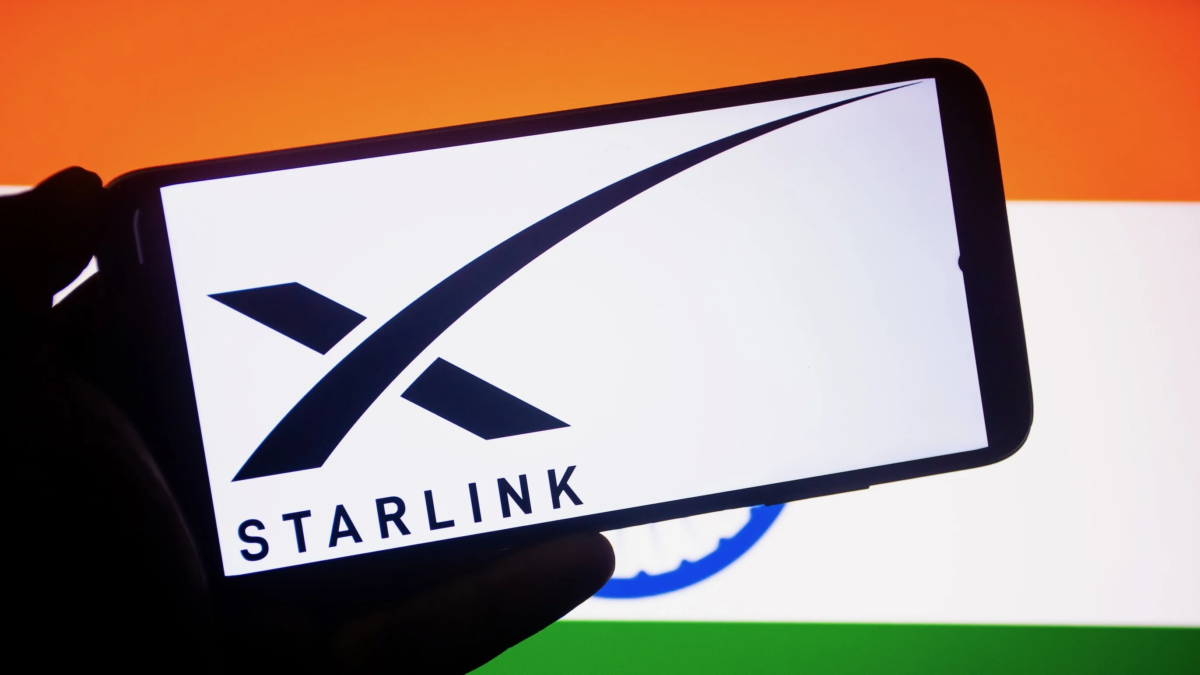Reliance Jio and Bharti Airtel have signed agreements with SpaceX to distribute Starlink’s satellite internet services in India. The deals involve selling Starlink’s equipment through Jio and Airtel’s retail networks, while Jio will also provide customer service, installation, and activation support.
Additionally, the partnership will focus on delivering high-speed internet to businesses, schools, healthcare centres, and remote communities across India.
However, these agreements are subject to regulatory approval. SpaceX is still awaiting permission from the government to officially launch Starlink’s services in the country.
Dayanand Mittal, an analyst at JM Financial Research, said, “As of now, the agreement seems limited to Bharti and Jio distributing Starlink’s satellite broadband services through their extensive retail network, mainly for B2C and B2B customers in rural and remote areas. However, in the future, Starlink may also collaborate with telecom companies in the field of direct-to-cell satellite services, similar to how it has partnered with telcos in several countries worldwide.”
HOW STARLINK FITS INTO INDIA’S TELECOM MARKET
Starlink’s primary focus is connecting rural and hard-to-reach areas using satellite technology. Analysts believe that the partnership with Jio and Airtel does not compete with their existing broadband services, such as Jio Fiber and Airtel Xstream Fiber.
Instead, it is expected to complement their business by expanding internet access to places where laying fibre-optic cables is difficult or expensive.
Mittal further added, “Given that Starlink’s satellite internet is primarily for rural and remote regions, this agreement complements rather than competes with Bharti and Jio’s broadband business. It will help in expanding high-speed internet access to areas that are otherwise difficult to reach.”
Currently, both Jio and Airtel have their own satellite broadband venturesAirtel through Eutelsat OneWeb and Jio through SES. The agreement with Starlink adds another layer of collaboration in the satellite internet space. In the future, there is also potential for direct-to-mobile satellite services, similar to what Starlink has done with telecom providers in other countries.
JM Financial Research said in a report, “Satellite internet plans also come with data caps and limited speeds, whereas Jio and Airtel provide unlimited data and higher speeds. Hence, satellite internet pricing needs to reduce sharply to become competitive in the price-conscious Indian market.”
Since Starlink’s services are more expensive and offer lower speeds, analysts believe they are unlikely to attract a large number of urban users. Instead, it will remain a solution for areas with no other internet options, such as hilly regions, remote villages, and islands.
IMPACT ON INDIAN TELECOM COMPANIES
The impact of Starlink’s entry on Jio, Airtel, and Indus Towers is expected to be limited. Since satellite broadband is expensive and not a direct substitute for fibre or mobile networks, Jio and Airtel will continue to dominate India’s telecom market.
Mittal said, “We continue to believe that Starlink’s satellite broadband services pose a limited threat to telcos’ home broadband business given its higher pricing and limited speed. Further, Starlink’s direct-to-cell satellite services are also unlikely to disrupt telcos’ key wireless business given its dependence on telecom companies and its inferior performance.”
According to JM Financial Research, the home broadband segment contributes only 6 to 10% to Jio and Airtel’s expected earnings by FY30. Since Starlink is unlikely to disrupt this market significantly, there is no major financial risk to these companies.
Top-notch SEBI registered research analyst
Best SEBI registered Intraday tips provider
Telegram | Facebook | Instagram
Call: +91 9624421555 / +91 9624461555

